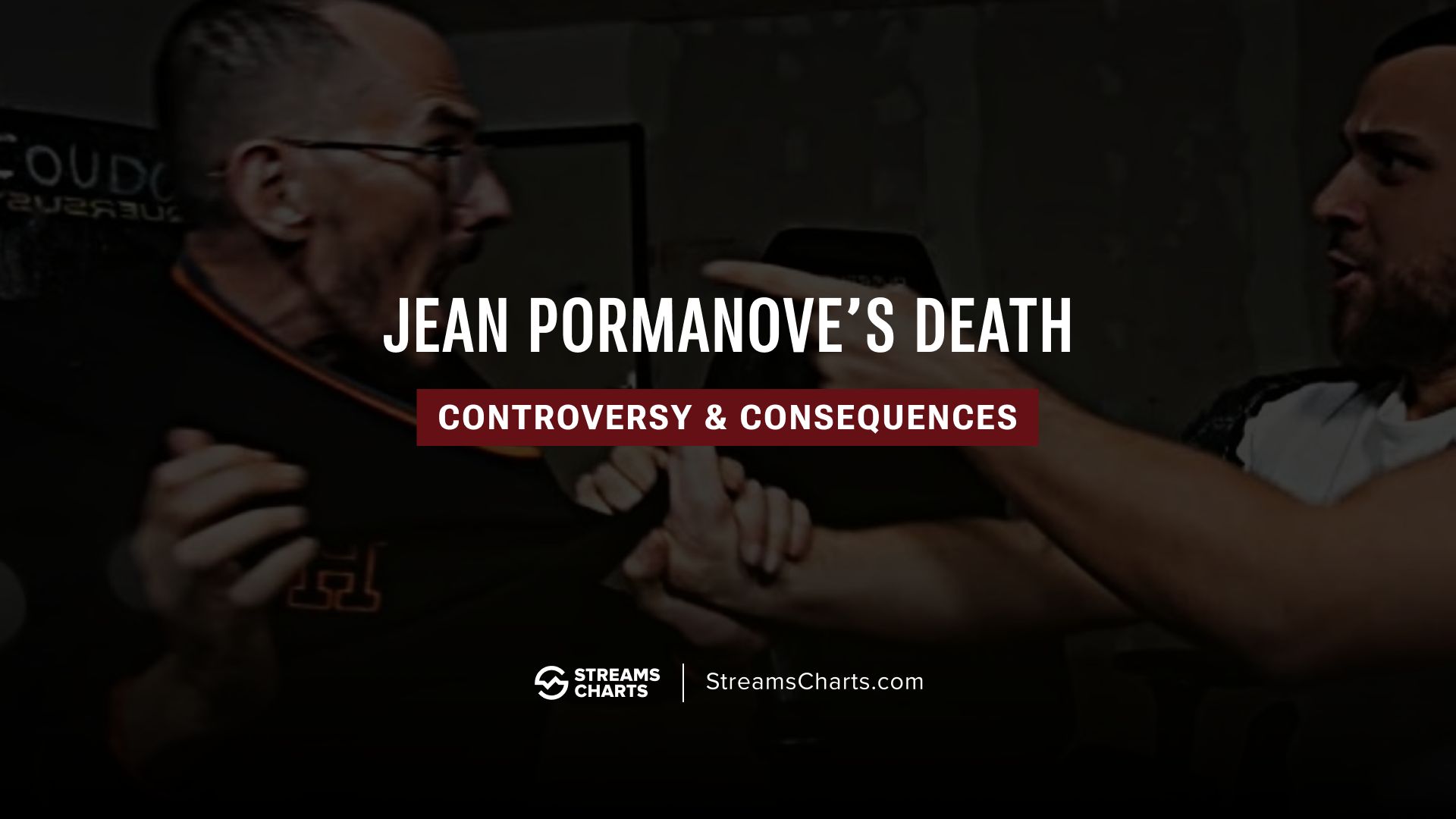French livestreamer Jean Pormanove (real name Raphaël Graven), 46, died in the night of August 17-18 during a marathon Kick broadcast that had been running for roughly 298 hours. His death comes after months of on-air humiliations and apparent abuse, triggering a judicial probe in France and immediate questions about Kick’s moderation standards and the wider ethics of “anything-for-views” streaming formats. Early autopsy findings rule out trauma or third-party intervention, but toxicology is pending, so the controversy now centers on the environment that surrounded him as much as the medical cause.
Who was Jean Pormanove?
Jean Pormanove rose from gaming and “Just Chatting” streams to become one of Kick’s most watched French creators, pivoting over time into high-drama, provocation-driven content that drew both large audiences and mounting criticism. French tech outlets describe a figure who mixed humor and volatility, building traction on multiple platforms before consolidating his audience on Kick in 2023-2025.

Streams Charts data shows that from January to mid-August 2025, Jean Pormanove stood out as Kick’s leading French streamer by nearly every major metric. He was the only creator to exceed 10 million Hours Watched (far ahead of the runner-up’s 6 million) and his streams averaged over 8,500 live viewers, more than twice the audience of his nearest competitor.
Investigative reporting had already spotlighted the ecosystem around him. In 2024 and again in August 2025, Mediapart chronicled a “business of mistreatment” in which Pormanove appeared as a recurring target for staged humiliations by associates.

In the months leading up to his death, he was streaming frequently with the “Le Lokal” group on Kick, where clips show taunts, rough handling, and “challenge” setups. Prosecutors had been looking at these broadcasts since late 2024, well before the fatal stream.
Circumstances of Pormanove’s death
Pormanove was found unresponsive in a rented room near Nice while the camera was still rolling, the feed having run for nearly twelve straight days: an extreme format that heightens risks around substances and medical conditions. Authorities seized equipment to reconstruct the final hours.
Prior videos show repeated on-air humiliations and aggression from collaborators. In one clip just days before his death, he complains of facial numbness and warns he might be having a stroke as others laugh, illustrating why prosecutors are probing “violence against vulnerable persons”, even as the autopsy points away from a direct assault as the cause of death.
There is also a significant ambiguity between “staged” and “real.” Earlier police interviews recorded Pormanove telling investigators that the violence was mise-en-scène to drive views and revenue (he mentioned around €6,000/month), a claim now colliding with Mediapart’s documentation of sustained degradation. That tension of performance versus abuse is central to the legal and ethical debate.

Preliminary autopsy results exclude traumatic injury or third-party intervention and point toward medical/toxicological causes, consistent with reports that he had underlying cardiac and thyroid issues. This leaves two tracks running in parallel: a medical investigation into why he died, and a criminal/regulatory one into the actions of those around him and the role of the platforms.
Reactions to Jean Pormanove’s death
French authorities opened a judicial investigation, with prosecutors examining potential “violence against vulnerable persons” and the broadcast of abusive content. Clara Chappaz, France’s digital minister, condemned what she called an “absolute horror” and referred the matter to regulators. In the meantime, police are reviewing hundreds of hours of footage.
When it comes to family, Pormanove’s sister described his death as “unacceptable” and “intolerable”, stressing that no entertainment should ever come at such a human cost. She pointed to his visible exhaustion in the days before he died and argued that the conditions in which he streamed amounted to neglect, if not outright exploitation.

As for the livestreaming community, Kick star Adin Ross said the platform is under heavy scrutiny from authorities and pledged (along with Drake) to cover funeral costs, while other prominent French creators publicly denounced the broadcasts as intolerable.
As for the platform's reaction, Kick says it has banned co-streamers involved in the final broadcast and is cooperating with investigators and adds that moderation and child-safety policies are being reviewed. The company’s reputation as a permissive platform is a major subplot, and this case could force policy hardening.
What’s next?
For investigators, the next step is painstaking: reconstructing Jean Pormanove’s final hours from seized devices, chat logs and hundreds of hours of video. Even if no one is charged with direct responsibility for his death, the treatment he endured could still lead to indictments for abuse or exploitation.
Beyond the courtroom, the political fallout has already begun. French regulators are weighing stricter oversight of livestreaming platforms, with officials openly suggesting that Kick may be the first big test of new digital accountability rules. Safeguards such as panic buttons, mandatory rest intervals or faster takedowns for abusive broadcasts are under discussion. The government’s strong language signals that the case won’t be dismissed as an isolated tragedy.
These consequences could ripple outward. Advertisers, already cautious about Kick’s reputation for permissive moderation, may demand stronger guarantees that their brands won’t appear alongside abusive content. Platforms across the industry might move to impose clearer health and safety rules around marathon broadcasts and rethink how they handle streams that blur the line between performance and coercion. If French authorities ultimately classify monetized humiliation of vulnerable individuals as a form of exploitation, regardless of whether it is “staged” or not, that precedent could reshape livestreaming well beyond Kick’s borders.
